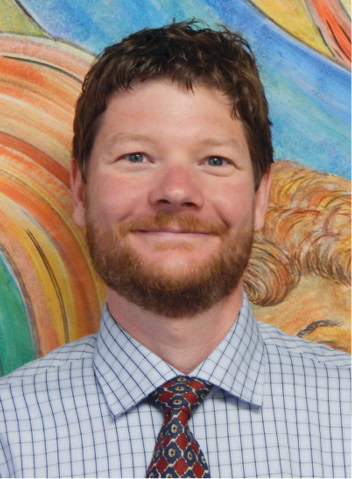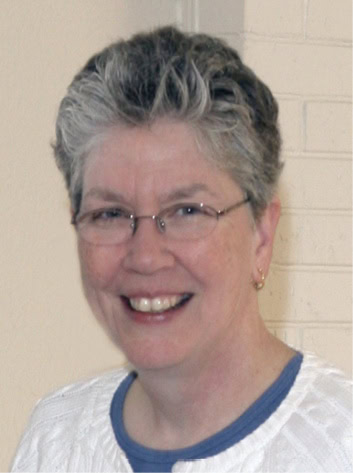
Credit: Emily Wainwright
Eric L. Payseur
The AHA is continuing its work on broadening the career horizons of history PhDs. This project, now in its second phase, envisions a range of activities organized not only by the AHA and four pilot programs, but also by historians and students at other doctoral programs across the country.
The AHA will continue to provide advice and speakers to graduate programs seeking to support their students’ career exploration and skill building. This fall the AHA website will begin to offer program-level data about where history graduates are working, providing improved categorization and clarity. The website will also contain updates to last fall’s “The Many Careers of History PhDs,” which documented the employment situation of some 2,500 doctorates who had graduated between 2008 and 2009.
At the 2015 annual meeting in New York, the AHA will continue to offer related events. For the second year, we will host a Career Fair at the meeting, as well as a number of formal sessions that feature history doctorates who work beyond the professoriate. One session, for example, will welcome three popular-fiction authors who hold history PhDs, including fantasy and romance authors, to talk about their historical training and their careers as full-time novelists. Another session will ask panelists who work beyond the academy to reflect on the question “How can I be a historian in this job?”
Meanwhile, our pilot programs at Columbia University; the University of Chicago; the University of California, Los Angeles; and the University of New Mexico have begun their own work. UCLA and the University of New Mexico have hired coordinators to build those programs by developing a clearinghouse of relevant university and community resources, contacts, and programs; by initiating, facilitating, and partially funding new internships on and off campus; and by reinforcing existing programming and advising to enhance graduate students’ understanding of their career options.

Karen S. Wilson
Looking ahead, Karen S. Wilson of UCLA sees great potential for a reimagined history doctorate. “As the UCLA history department’s graduate career officer,” Wilson said, “I envision facilitating a series of changes in expectations, attitudes, and programs that will result in the emergence of a truly versatile PhD.” At New Mexico, Eric Payseur will be coordinating the pilot project. Payseur said, “I look forward to building upon and expanding the success of our department to have graduates in well-paid positions outside of higher education. We plan to institutionalize internships within the department, to highlight and celebrate those success stories outside academia, and to make New Mexico one of the top destinations for history PhDs who desire a great career within or outside the academic world.”
All of these and other project components will build on four key skill areas: communication, collaboration, quantitative literacy, and intellectual self-confidence. Focus groups of AHA members identified these areas as essential for successful careers within and beyond the professoriate in the first phase of the project. These adjuncts, employers, alumni, faculty, and administrators talked about the need for graduate students to emerge from their studies with (1) the ability to communicate with a range of audiences in a variety of media, (2) facility and experience in working collaboratively with people from different backgrounds, including people with whom they disagree, (3) the ability to read, respond to, and utilize quantitative information, and (4) the intellectual self-confidence to tackle problems beyond their narrow research field.
Julia Brookins is the AHA’s special projects coordinator.

This work is licensed under a Creative Commons Attribution-NonCommercial-NoDerivatives 4.0 International License. Attribution must provide author name, article title, Perspectives on History, date of publication, and a link to this page. This license applies only to the article, not to text or images used here by permission.
The American Historical Association welcomes comments in the discussion area below, at AHA Communities, and in letters to the editor. Please read our commenting and letters policy before submitting.
This work is licensed under a Creative Commons Attribution-NonCommercial-NoDerivatives 4.0 International License. Attribution must provide author name, article title, Perspectives on History, date of publication, and a link to this page. This license applies only to the article, not to text or images used here by permission.